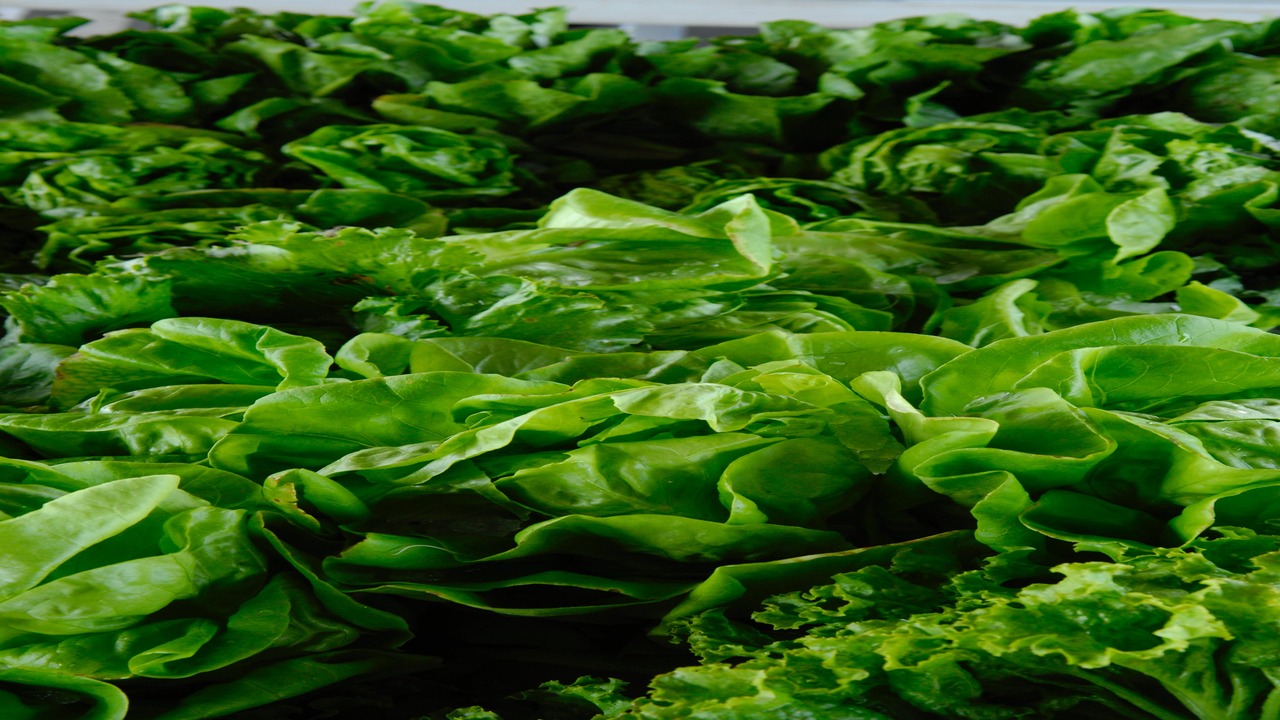Health UK (Commonwealth Union) – Elevating folate levels in our diet or opting for supplements has the potential to diminish the risk of bowel cancer, as indicated by recent research co-led by Dr. Konstantinos Tsilidis from Imperial College London’s School of Public Health.
The study proposes that augmenting folate intake, present in leafy greens like spinach, cabbage, and broccoli, may lead to a reduction in colorectal cancer risk by up to 7%. This groundbreaking research, sponsored by the World Cancer Research Fund and published in The American Journal of Clinical Nutrition, scrutinized data from over 70,000 individuals. The goal was to pinpoint genetic variations influencing how dietary folate (vitamin B9), folic acid supplements, and total folate impact colorectal cancer (CRC) risk.
Consistent with earlier research, the study revealed that individuals with higher dietary folate consumption had a 7% lower likelihood of developing CRC (including proximal colon, distal colon, and rectal cancer) for every 260 micrograms increase in dietary folate. This amount corresponds to 65% of the daily recommended intake (400 micrograms).
The authors of the study argue that these findings lend support to the notion that folate may be effective in preventing CRC, even at levels achievable through a regular diet. Moreover, the research implies that folate could be influencing cancer risk through various genes involved in modulating this risk.
Dr. Konstantinos Tsilidis, Reader in Cancer Epidemiology and Prevention at Imperial College London, emphasized that individuals can take steps to reduce bowel cancer risk, including maintaining a diverse diet rich in whole grains, vegetables, fruits, and beans—a recommendation aligned with the outcomes of this study.
“The potential protective health benefits of vitamin B9 are demonstrated in this large study. The study also found some promising findings about how folate might be influencing cancer risk, including different genes, but these need further exploration.”
Bowel cancer ranks as the fourth most prevalent cancer in the United Kingdom, affecting nearly 45,000 individuals annually, with over 120 new cases identified each day. The likelihood of receiving a bowel cancer diagnosis in one’s lifetime stands at one in 18 for women and one in 15 for men.
Folate, a natural form of vitamin B9, is abundantly present in various foods. Excellent sources encompass spinach, cabbage, broccoli, sunflower seeds, whole grains, legumes such as chickpeas, lentils, and beans, as well as fruits, particularly citrus fruits like oranges. Additionally, folate is obtainable as a supplement in the form of folic acid.
Crucial for red blood cell production, folate and folic acid assume particular significance for women during pregnancy or when attempting to conceive.
In a recent study, researchers scrutinized data from more than 70,000 individuals, encompassing 30,550 cases and 42,336 controls from 51 studies. They delved into the interplay between common genetic variants and dietary folate, folic acid supplement usage, and total folate concerning colorectal cancer (CRC) risk.
The study also unveiled a specific genomic region, notably the 3p25.2 location on Chromosome 3, which might modulate the association between folate supplements and CRC risk. However, researchers emphasize the necessity for further investigation to pinpoint the involved genes and their influence.
Dr Helen Croker, Assistant Director of Research and Policy at World Cancer Research Fund, added “Interestingly, in this study, the protective effects were seen at usual dietary intakes of folate, further indicating the importance of folate-rich foods as part of a healthy, balanced diet as well as being physically active.”
Matt Lambert, Nutritionist and Health Information Manager at the World Cancer Research Fund, indicated that the study reinforces their longstanding message that adopting a healthy diet centered on vegetables, fruits, whole grains, and legumes can contribute to lowering the risk of cancer. Folate, present in diverse foods such as leafy green vegetables like spinach and broccoli, not only demonstrates an association with decreased risk of bowel cancer but also promotes overall health when consumed regularly.








